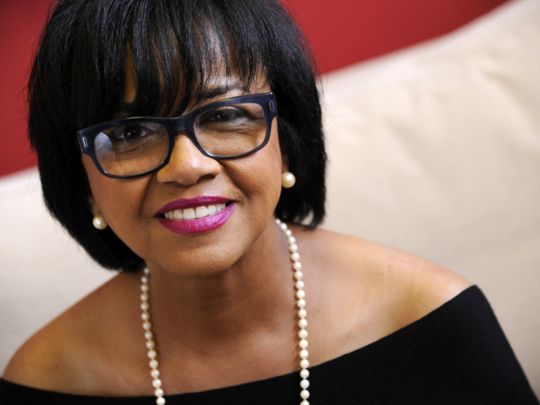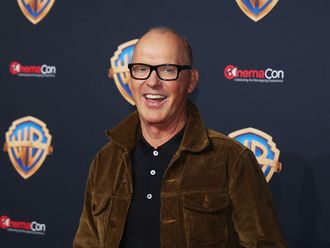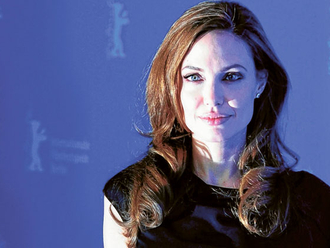
Responding for the first time to the firestorm that erupted over the lack of diversity in this year’s Oscar nominations, film academy president Cheryl Boone Isaacs says the all-white acting slate inspires her to accelerate the academy’s push for more diversity.
The first black president of the Academy of Motion Picture Arts and Sciences spoke out on Friday night about the Oscar nominations and the widespread criticism that followed.
All 20 of this year’s acting contenders are white and there are no women in the directing or writing categories. After the nominations were announced, the hashtag #OscarsSoWhite started trending on Twitter.
Boone Isaacs said the academy is “committed to seeking out diversity of voice and opinion” and that outreach to women and artists of colour is now a major focus.
“In the last two years, we’ve made greater strides than we ever have in the past toward becoming a more diverse and inclusive organisation through admitting new members and more inclusive classes of members,” Boone Isaacs said. “And, personally, I would love to see and look forward to see a greater cultural diversity among all our nominees in all of our categories.”
She noted that each branch comes up with its own criteria for excellence and nominates its colleagues. For instance, only directors can suggest best director nominees and only actors can nominate actors. But the entire academy membership can submit suggestions for best picture.
“What is important not to lose sight of is that [the civil rights drama] Selma, which is a fantastic motion picture, was nominated for best picture this year, and the best picture category is voted on by the entire membership of around 7,000 people,” she said. Besides best picture, the film received just one additional nod — for original song — in what was widely viewed as a significant snub.
With all the accolades Selma received since its Christmas opening, some felt its failure to garner nominations for director Ava DuVernay or star David Oyelowo reflected a racial bias.












